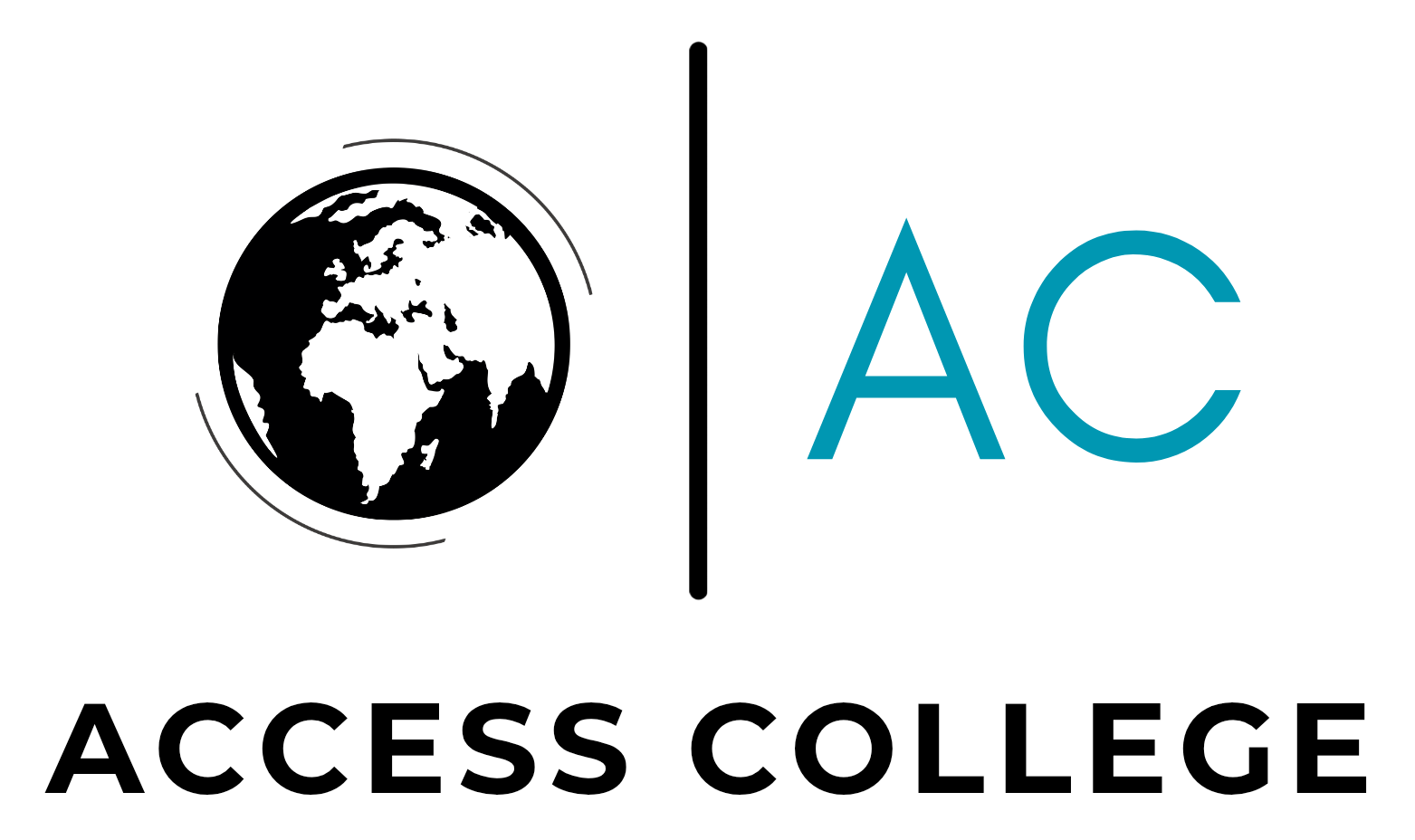Starting with the 2026 admissions cycle, UCAS is implementing a significant change to the personal statement component of university applications. The traditional 4,000-character free-form essay is being replaced with a structured format comprising three specific questions. This reform aims to provide clearer guidance for applicants and promote equity in the admissions process.
Why the Change?
The decision to revamp the personal statement stems from feedback indicating that the open-ended format can be daunting and may favour students with access to more resources. By introducing specific questions, UCAS intends to level the playing field, ensuring all applicants have an equal opportunity to present their motivations and qualifications effectively.
The New Structure
Applicants will now respond to the following three questions:
- Why do you want to study this course or subject?
- How have your qualifications and studies helped you to prepare for this course or subject?
- What else have you done to prepare outside of education, and why are these experiences useful?
Each section requires a minimum of 350 characters, with the total combined character count remaining at 4,000, including spaces. This structured approach is designed to help students focus their responses and provide relevant information for admissions tutors. You can find 2026 personal statement guides here.
Benefits of the New Format
- Clarity and Focus: Specific questions guide students to provide targeted information, reducing ambiguity.
- Equity: Structured prompts help mitigate disparities among applicants from diverse backgrounds.
- Efficiency: Admissions tutors can more easily compare responses across applicants, streamlining the evaluation process.
Preparing for the Change
Students planning to apply for university entry in 2026 should familiarise themselves with the new format and begin reflecting on their experiences related to each question. UCAS provides resources and guidance to assist applicants in crafting their responses.
For more detailed information and resources, visit UCAS’s official page on the new personal statement format or watch this video.
Emmanuel V. Navti
From Guidance to Admissions

